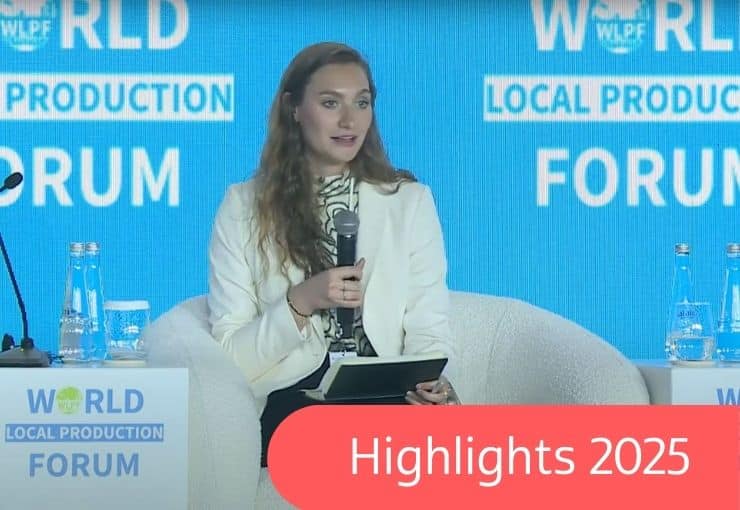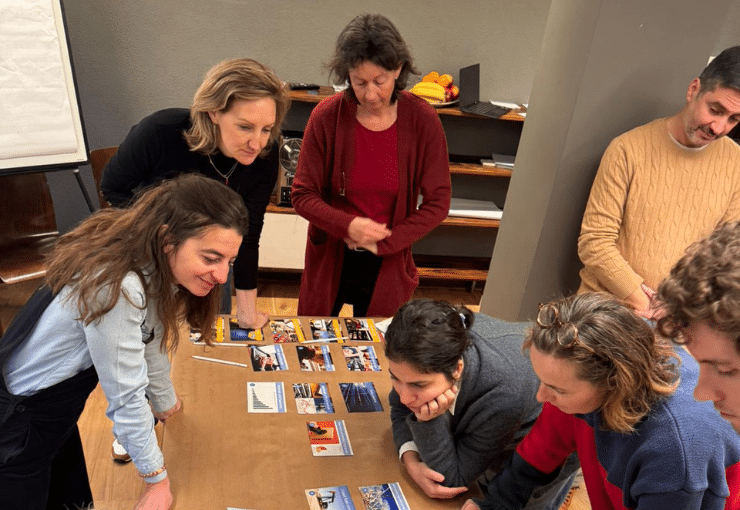Investing in global health is crucial
Global issues have local impacts, including in the Netherlands. That this is especially true for health, was painfully illustrated by the Covid-19 pandemic. It is therefore crucial that the Netherlands continues to invest in global health. In 2022, the cabinet launched a strategic vision for global health with the Dutch Global Health Strategy 2023-2030: Working Together for Global Health (English summary available for download here and full Dutch version here).
Key priorities of this strategy include:
1) Strengthening national health systems in low- and middle-income countries, including sexual and reproductive health and rights (SRHR),
2) Enhancing international pandemic preparedness, including access to medicines for all, and
3) Addressing climate change in relation to public health.
Despite the minister’s stated commitment to global health, none of the above topics appear in the letter sent today.
The Netherlands has been investing less than agreed for years
Although EU member states committed in June to spend 0.7% of Gross National Income (GNI) on development cooperation, the Netherlands has failed to meet this target for years. Due to billions in cuts to development cooperation, from 2027, the Netherlands will spend only about 0.43% of GNI on development cooperation. The current cabinet also plans to decouple GNI from the development cooperation budget, leading to further cuts.
A strong civil society: important for the Netherlands and the world
The Netherlands’ carefully built reputation as a defender of human rights and reliable trade partner has greatly enhanced its international position. The sector’s expertise and international network are invaluable. Scaling back this investment is short-sighted and irresponsible. We therefore urge the House of Representatives to oppose these plans. A strong civil society remains essential for the future of democracy, human rights, and global stability.
Update 21 November
On Wednesday 20 November, the House of Representatives debated the 2025 budget with Minister Klever (Foreign Trade and Development Aid). Several MPs raised critical questions about the effects of the cuts and the decoupling of gross national product and development aid. Here, you can find a summary (in Dutch).





